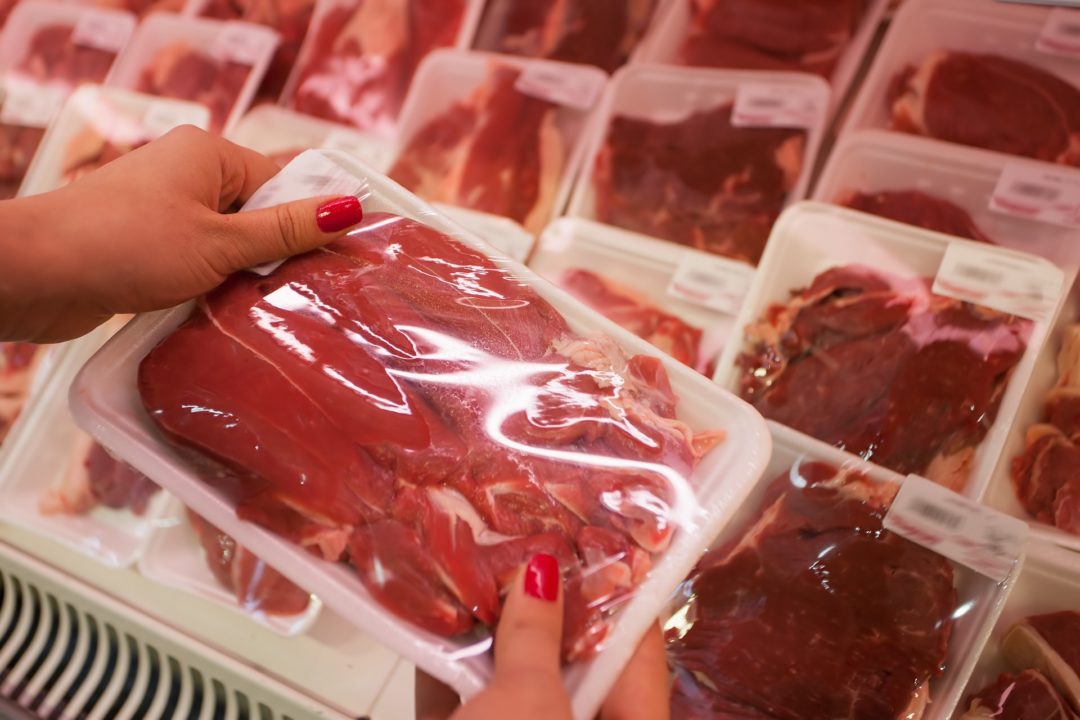How it works: Bacteria in the gut metabolize amino acids L-carnitine and choline—found in red meat and eggs—and release a metabolic byproduct called trimethylamine, which the liver converts to trimethylamine-N-oxide (TMAO) and sends out into the bloodstream. Previous studies have shown that people with higher blood levels of TMAO are more than twice as likely to have a heart attack or stroke, and tend to die earlier.
The researchers measured the blood and arterial health of 101 older adults and 22 young adults, and found that TMAO levels significantly rise with age. A previous study performed on mice shows that the gut microbiome changes with age, breeding more bacteria that help produce TMAO. And adult humans and young mice with high levels of TMAO showed greater signs of oxidative stress in the lining of their blood vessels.
“Our work shows for the first time that not only is this compound directly impairing artery function, it may also help explain the damage to the cardiovascular system that naturally occurs with age,” said first author Vienna Brunt, a postdoctoral researcher in the Department of Integrative Physiology, in a press release.
Related: Study: Sabinsa’s Pterostilbene a Heart-Healthy Choice Healthy Aging Vitamin K2 Linked to Lower Risk of Coronary Heart Disease, Study Shows
Preliminary data, according to the press release, also show that mice with higher levels of TMAO exhibit decreases in learning and memory, suggesting that TMAO could also play a part in age-related cognitive decline.However, the research wasn’t all bad news. Older mice that ate a compound called dimethyl butanol—found in olive oil, vinegar, and red wine—saw their vascular dysfunction reverse. The press release states that scientists believe this compound prevents the production of TMAO.
Senior author Doug Seals, Director of the Integrative Physiology of Aging Laboratory, said this study sheds light on why arteries erode with age, even in the healthiest people. “Aging is the single greatest risk factor for cardiovascular disease, primarily as a result of oxidative stress to our arteries. But what causes oxidative stress to develop in our arteries as we age That has been the big unknown. This study identifies what could be a very important driver.”
The research team’s next step: exploring compounds that might block production of TMAO, according to the press release.
And in the meantime, the press release suggests leaning more plant-based—"A plant-based diet can reduce levels of TMAO, too." And while choline is found in vegetables as well as animal products, L-carnitine is found largely in red meats, and the NIH notesthat "the body makes sufficient carnitine to meet the needs of most people."










